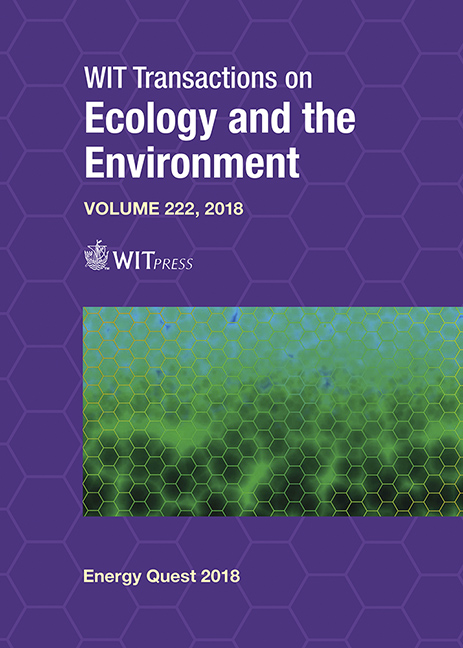A TRANSITION TO KNOWLEDGE-INTENSIVE SERVICE ACTIVITIES IN POWER INDUSTRY: A THEORETICAL FRAMEWORK
Price
Free (open access)
Transaction
Volume
222
Pages
13
Page Range
13 - 25
Published
2019
Paper DOI
10.2495/EQ180021
Copyright
WIT Press
Author(s)
MIKHAIL V. KOZHEVNIKOV
Abstract
The current smart energy transition is accompanied by major transformations in the aspects of technology, market, and organization. The intensive adoption of digital technology in energy production, the rapid spread of distributed generation, micro-grids and energy storage and accumulation solutions, and an ever-increasing integration between the energy sector and other critical infrastructure sectors have brought about fundament changes in the relationships between energy companies and the market. This creates a strong demand for versatile support services for these processes. The article makes an attempt to construct a conceptual framework for and to outline the tasks and goals of knowledge-intensive services in the new energy industry. The author provides justification for the key properties of knowledge-intensive services that include adaptability, the capability of self-tuning, a wide use of information and telecommunication technologies, a tendency to use a pro-active approach to systems and process management, and the availability of staff with outstanding qualifications. The author has developed a conceptual model of knowledge-intensive services in the energy sector that makes it possible to group the service segments by the dimensions of “energy market optimization and customer relations”, “asset lifecycle management”, “organizational flexibility of energy market agents”. Recommendations are given as to how to develop knowledge-intensive service activities in energy companies, including through the creation of corporate platforms and smart partnerships with universities and science.
Keywords
knowledge-intensive services, information and telecommunication technology, smart energy, technology modernization, critical infrastructure, platform, energy company, conceptual model





